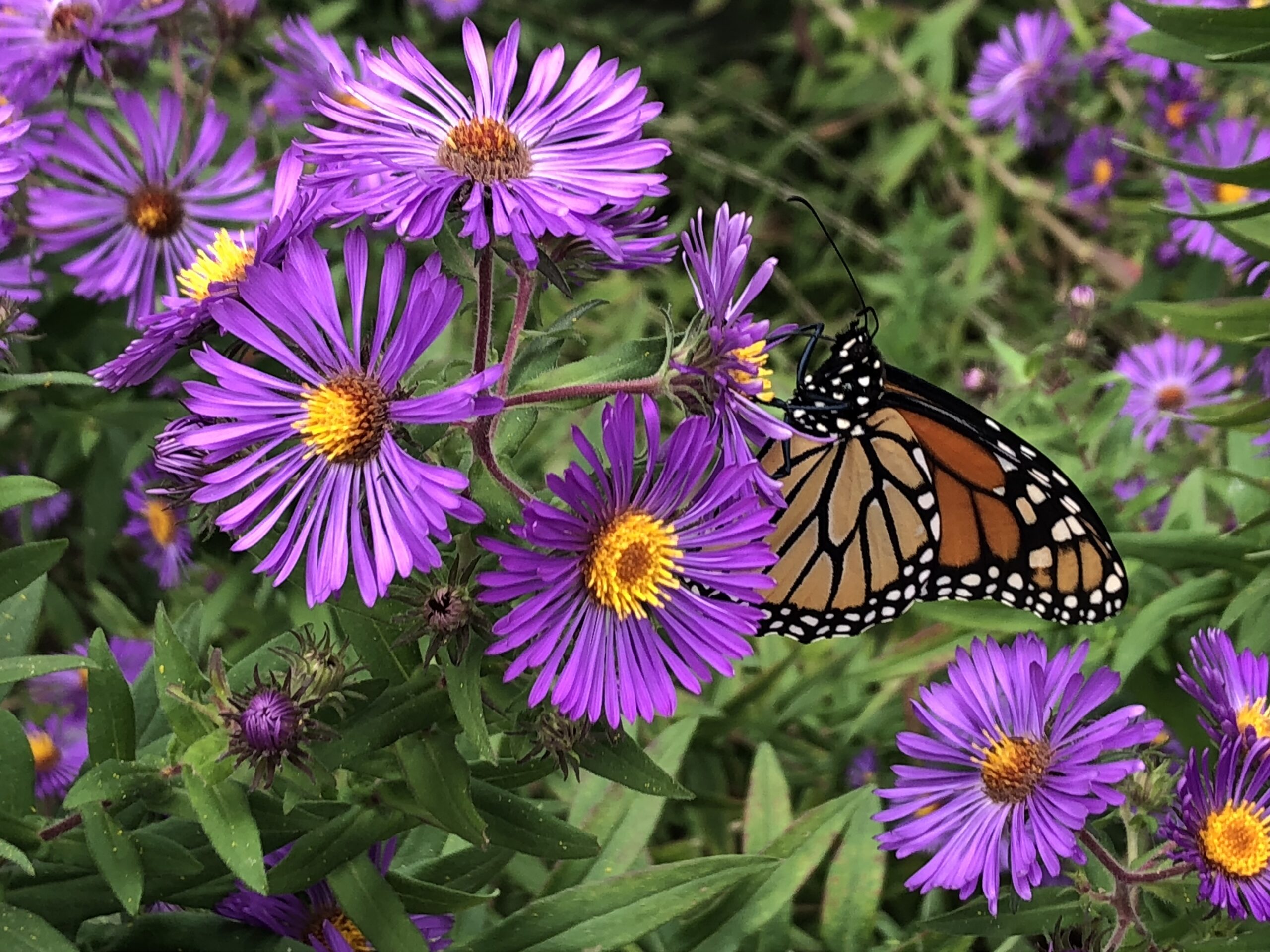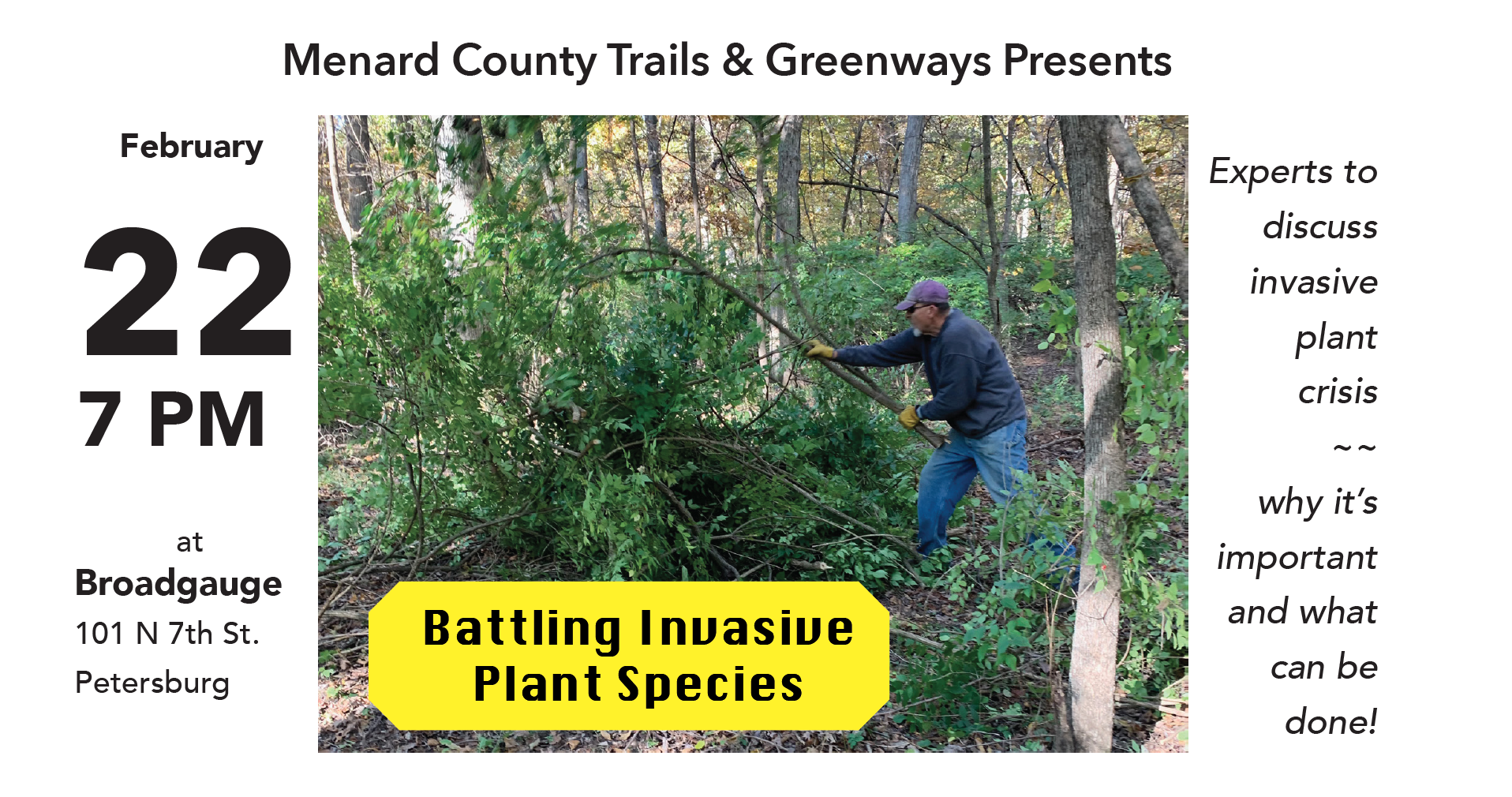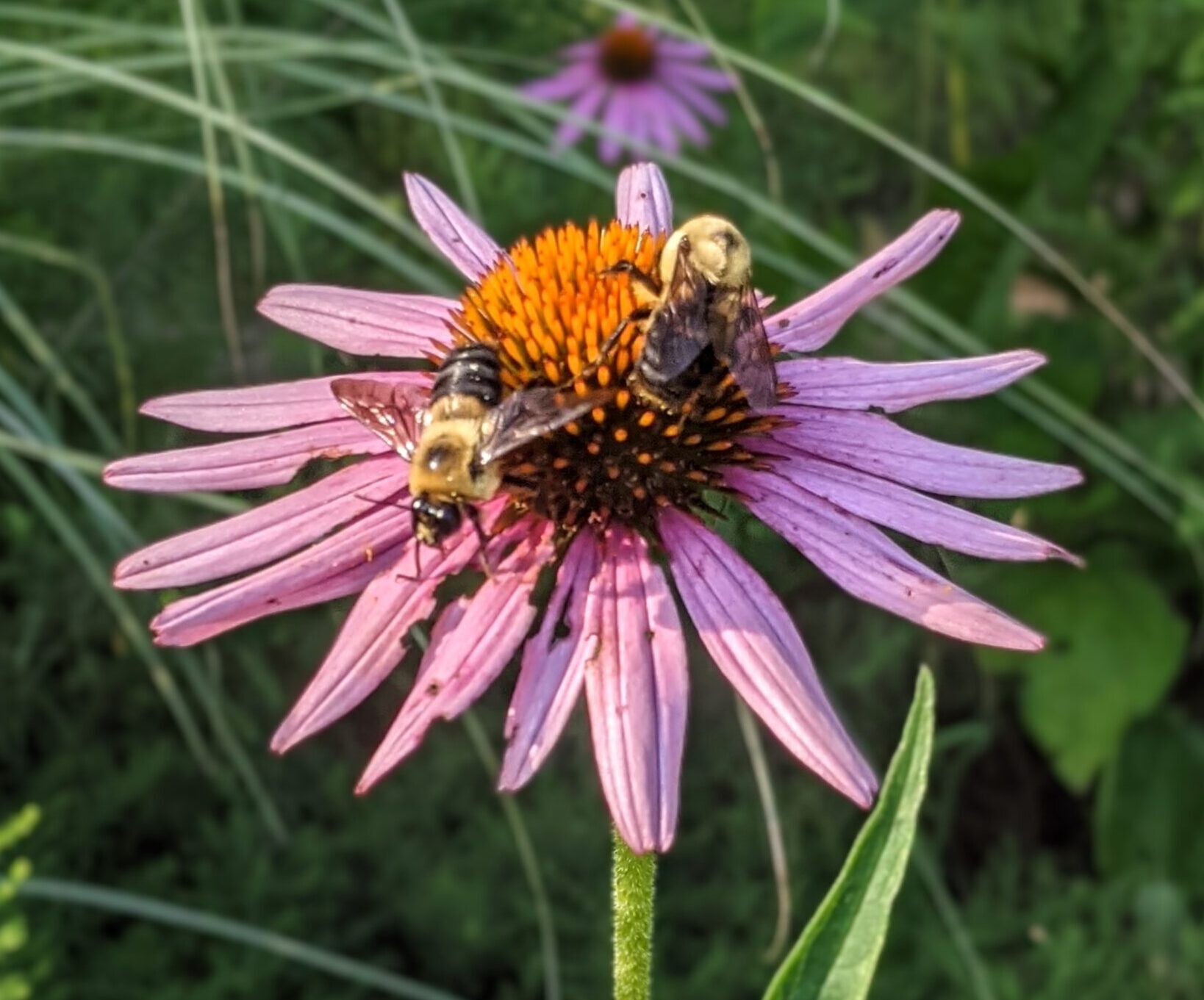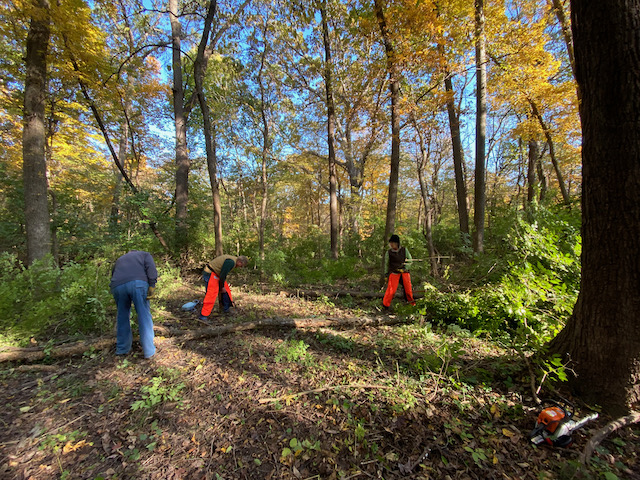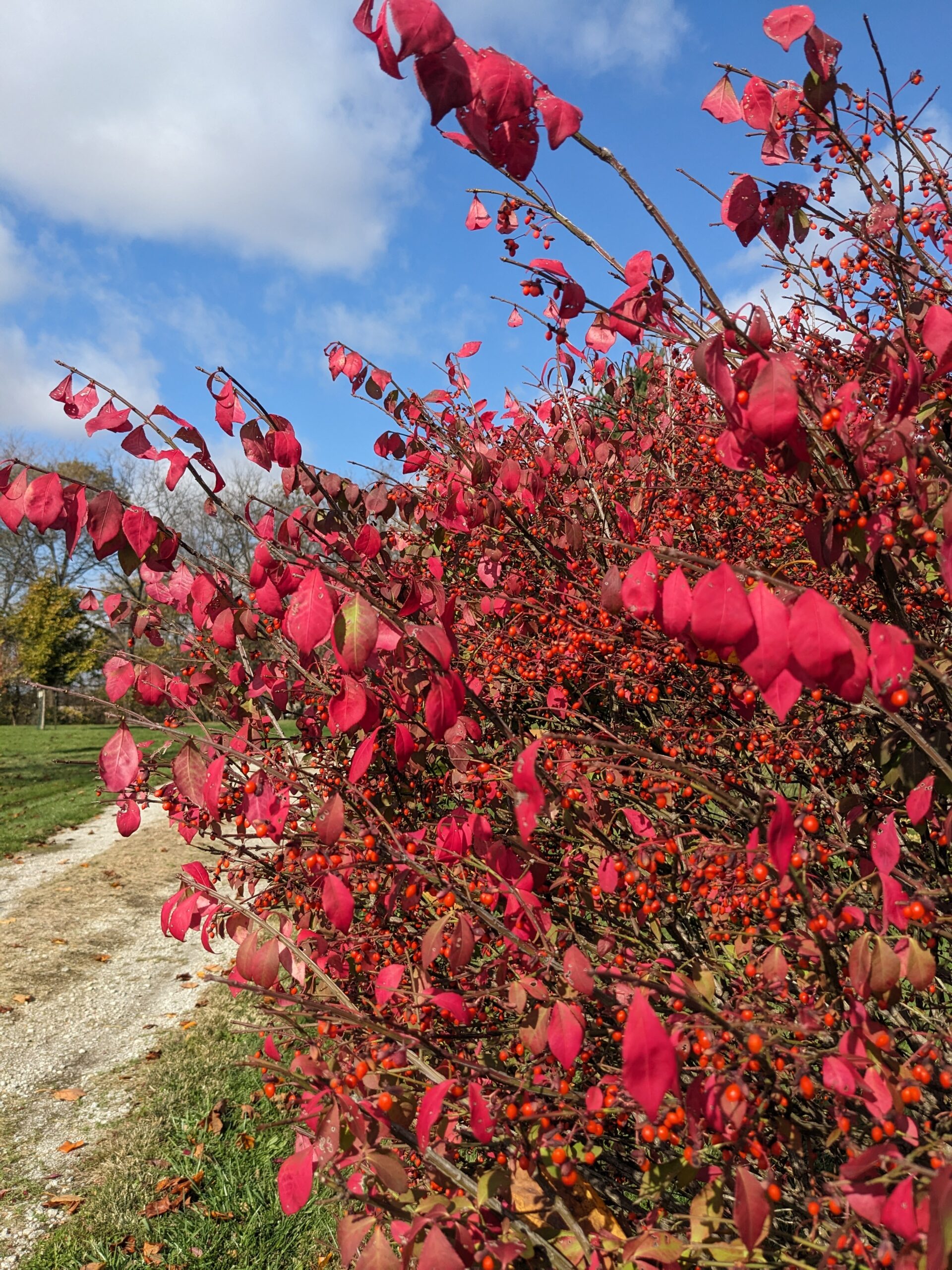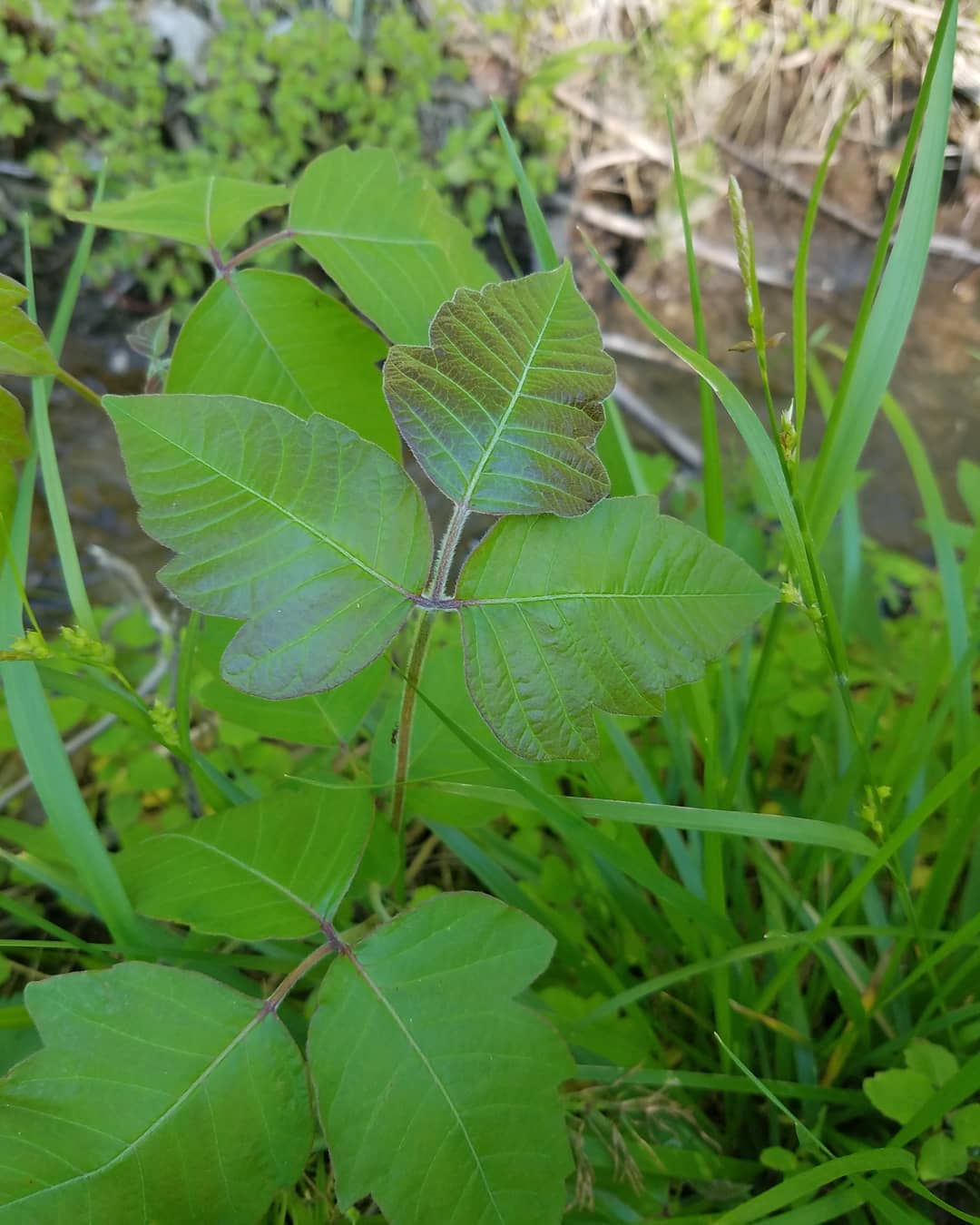-
Sip n’ Sow Workshop
Sip n’ Sow Seed Sowing Workshop 1st & 3rd Boutique & Wine Bar January 12th from 5:30 to 7:30 Limited to 30 Registered Participants — Fill Form Below to Register It’s never too soon to think of spring! Join some adult-only fun at the Sip n’ Sow Workshop! Sip a glass of wine and sow some native flower seeds for your summer garden. Native plants attract pollinators and serve as butterfly host plants, including many species growing on the square in Petersburg. The evening will kick off with a slide presentation with photos and discussion of some of the species that will be available. Participants will then use the winter…
-
Invasive Species at New Salem State Historic Site
It is very exciting to kick off our habitat restoration work at New Salem Historic Site in partnership with the Illinois Department of Natural Resources! While the site is best known and visited for the recreated village where Lincoln once lived, much of the site is forested land, from the floodplains along the Sangamon River to the upland forests crisscrossed by several miles of hiking trails. Like most natural areas, regular management is necessary to deal with invasive species that have displaced so much of our native flora.
-
Planting on the Petersburg Square
Two years ago, I decided to adopt the empty planting beds on our beautifully updated square. Remaining mostly bare since their installation in 2015, I envisioned the beds teaming with beautiful native plants abuzz with colorful butterflies and other beneficial insects.
-
Pollinator Waystation at Wayside Planted
Last year, Trails & Greenways received a donation from Menard Electric and Co-Bank to rehabilitate the exiting planting at the Wayside Park Council Circle with a new Pollinator Waystation. It was our intention of getting the planting installed in late April or early May. But, between the cool, wet spring and Covid-19, the planting was delayed by over a month! Finally, on Friday, June 12th, with temps in the high-80s, six of us planted, mulched and watered-in 100s of tiny plants representing 23 species. Adding to the existing plants, the circle now contains 43 native species that provide food and/or nectar for pollinators.
-
Leaves of three, let it be….
Leaves of three, let it be… but leaves of three are not always a sign of danger! There are many beneficial native plants with trifoliate leaves that are completely benign. Speaking of beneficial native plants, poison ivy IS extremely beneficial for wildlife. The flowers are visited by bees, the leaves are hosts for several moth caterpillars and browsed occasionally by mammals, and probably most importantly, the white berries feed dozens of bird species. Of course, the birds are then responsible for its wide distribution, much to the dismay of all who react to the irritating urushiol oil, present in all parts of the plant. Poison ivy (Toxicodendron radicans) can form…
-
Exploring Menard County (and a little beyond….)
In and around Menard County we’re fortunate to have so many places to explore nature at a safe distances from fellow outdoor enthusiasts. Here’s a snapshot of a few places we’ve been visiting this month.
-
Happy Arbor Day
What better way to celebrate Arbor Day than by planting a tree or two or more! People often ask for help selecting a tree to plant at their home. My first bit of advice is always to choose something that is appropriate to the site, that will thrive for years to come. It is important to do some research and have a good understanding of a tree’s expected mature size, growth habits, and insect pest or disease concerns. Too often, we see trees that have been topped for line clearance—something that could have been avoided by selecting a smaller species!
-
Stay in Place in Your Yard and Garden
Two weeks ago we suggested several Earth Day stay-in-place activities you can do while observing physical distancing. Last week we covered the first suggestion on the list, to plant something– flowers, veggies or a tree, with the post If something is not eating your plants, then your garden is not part of the ecosystem! In that post, Alana explained how important it is to plant native species that support the pollinators and other critters that form the balance of nature we all depend on. On that note, the Native Plant Conservation Campaign has made available Douglas Tallamy’s video presentation of his latest book, Nature’s Best Hope. Tallamy is a leader…
-
More sights of spring
-
If something is not eating your plants, then your garden is not part of the ecosystem!
While perusing Pinterest a while ago, I came across this great sign: For a long time, the ideal garden plants were ones that were “pest resistant.” That often meant plants that were not native to our region, plants that had not evolved with our native insects and were less palatable to them. In recent years, concerns about plummeting insect populations and overall loss of biodiversity has led to a new garden ethic, a movement to use our gardens to support wildlife rather than repel it. Planting native plants is a very important part of this strategy and something I hope you will consider!
